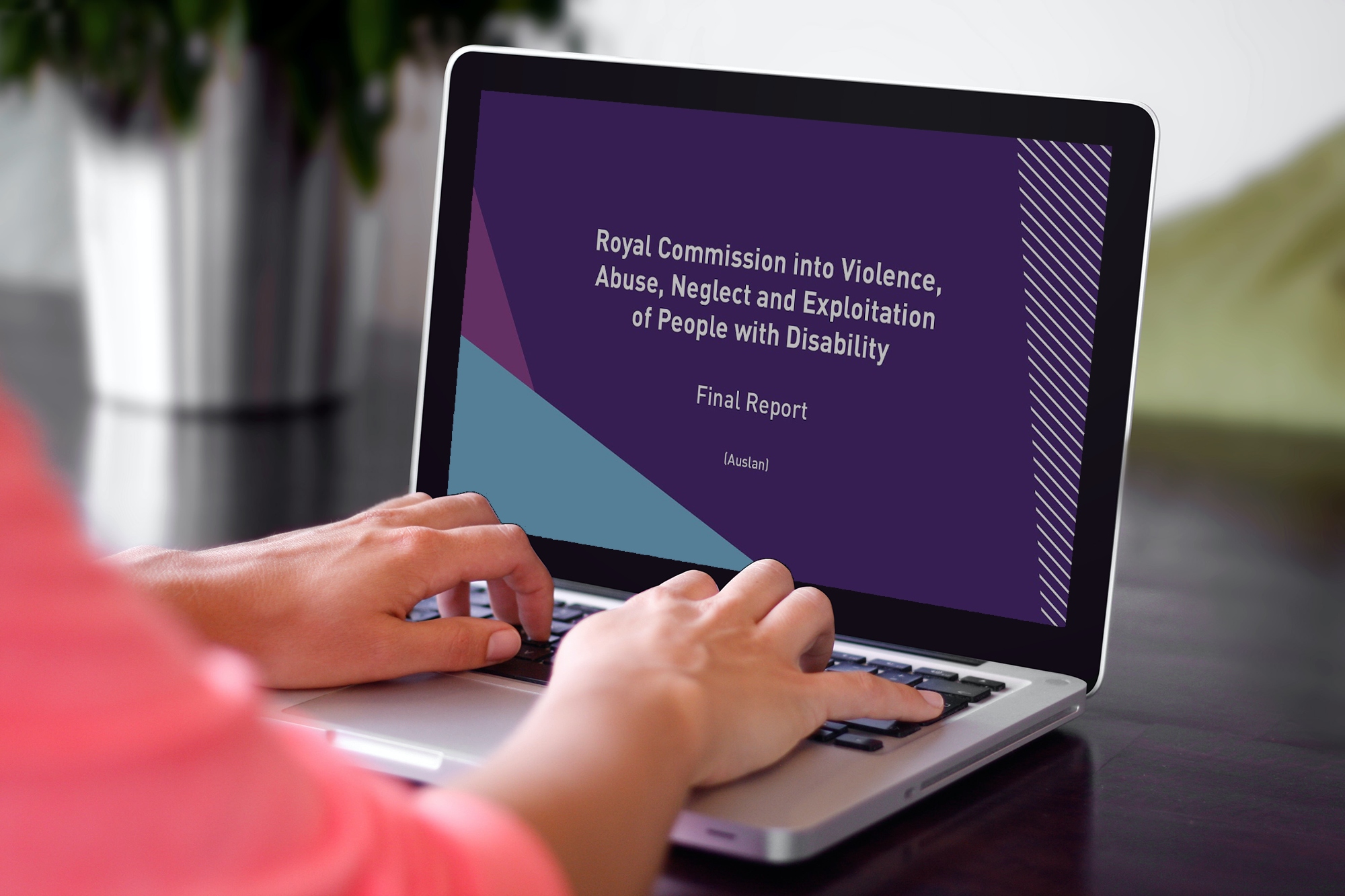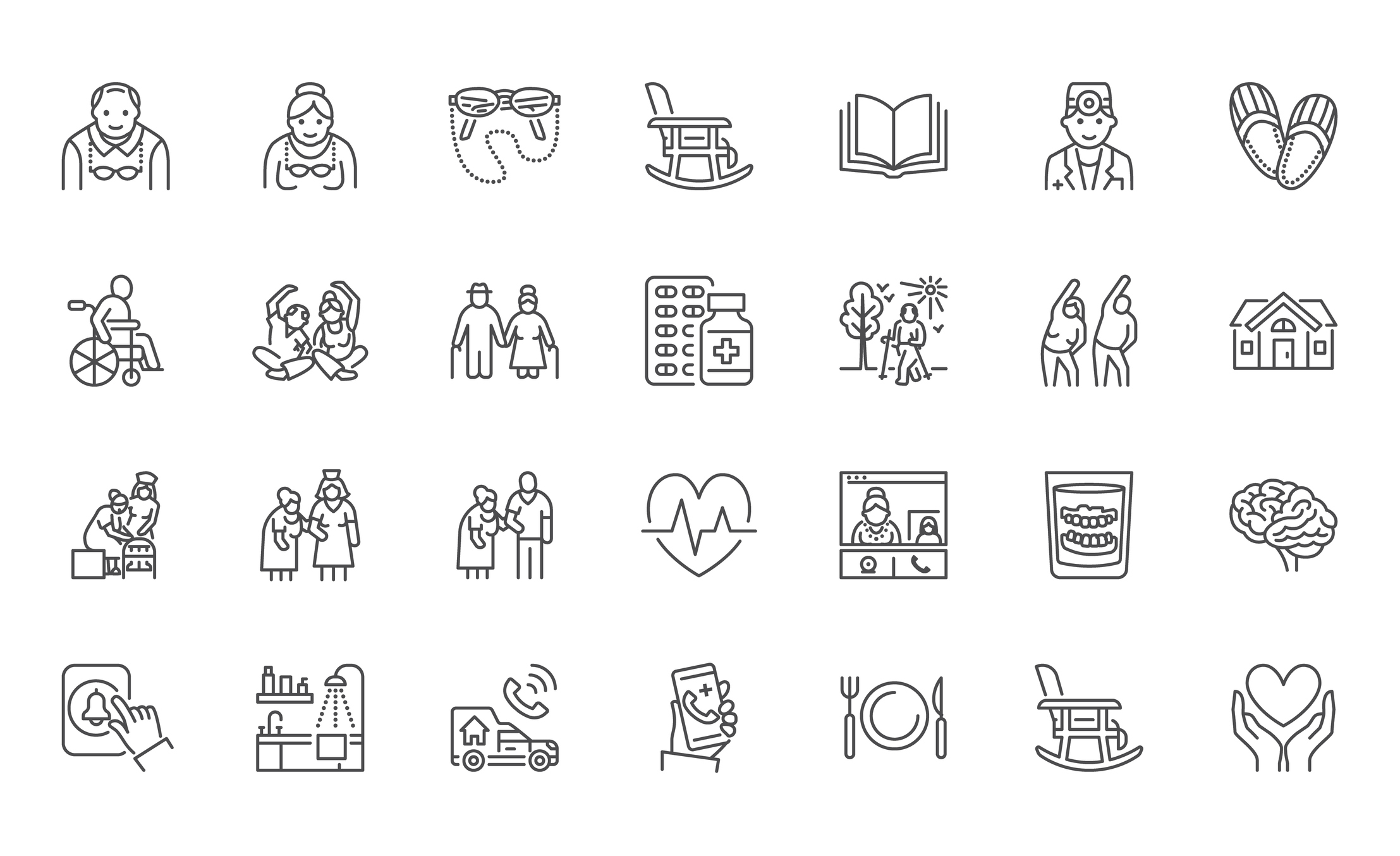In 2020, the NDIS Quality & Safeguards Commission released a series of Provider Practice Alerts addressing key areas of risk for people with disability. This was in response to a scoping review into causes and contributions to deaths of people with disability, undertaken by Professor Julian Trollor, Chair of Intellectual Disability Mental Health at UNSW Sydney.
One of the key areas of risk identified was transitions of care between disability services and hospitals.
Australians with disability commonly access hospital services, with 22% being admitted to hospital and 26% having visited a hospital emergency department during 2015. Recent reports, including the review by Professor Trollor, have identified that mismanagement of transitions of care can lead to serious and life-threatening risks for people with disability. Areas of concern include management of medications, and lack of essential follow-up care after hospital discharge.
Improving transitions of care is key to improving medication safety and reducing avoidable harm. Safe transitions of care require clear communication and co-ordination between all relevant parties – the person with disability, their carers, healthcare, and disability support services. Clear communication helps ensure that critical information about a person’s health needs is passed on during transitions of care.
How to support NDIS participants during transition to and from hospital
Prepare for planned hospital admission
Providers should undertake preparation in the lead up to a participant’s admission to hospital by ensuring the participant’s health record and medication information is up-to-date. Consider arranging a pre-admission meeting with hospital staff in order to co-ordinate the transition of care and inform hospital staff about the participant’s needs and capacities.
Information to provide to hospital staff
If you have responsibility for a participant’s medical records and care, or have consent from participants, guardians or carers to share information, ensure you provide key medical information for the participant to hospital staff on admission.
Provide support during emergency admission
For an emergency visit to hospital, it may be necessary to arrange for a disability support worker, who is familiar to the participant, to stay with them during the admission.
Support when the participant leaves hospital
- Plan for discharge – In consultation with health professionals, plan for the participant’s discharge from hospital as early as possible. This discharge plan should include details include date of transfer, referral services, and re-assessing support risks.
- Understand participant’s ongoing needs and assess your capacity to meet them – work with hospital staff to understand the participant’s continuing needs post-discharge. This will include obtaining a transfer of care summary, care plan and medications summary.
- Provide the participant with information about their follow-up care – it is important for participants to remained informed and empowered to contribute to decision-making throughout the transition process. Communication should take place in a format appropriate to the participant’s needs.
Resources
Additional guidance, as well as more thorough detailing of
these processes, is available in our resource, ‘Policy: Client Transition to
and from Hospital’. You can find this resource in the SPP Reading Room, by
searching for “transition”. We encourage you to make use of this template to guide
your organisation in adopting best practice for client transitions of care.
An important area for aged care
Client transition to and from hospital has also been highlighted as an important issue in aged care. Recommendation 66 of the recently released Final Report of the Royal Commission into Aged Care Quality and Safety called for improved transition between residential aged care and hospital care. Specifically, it recommended that discharge from hospital should only occur once clinical handover and discharge summary has been provided to the residential care service and the person being discharged. It also recommended that, when calling an ambulance for a resident, staff of aged care services should provide paramedics with an up-to-date summary of the resident’s health status. This should include medications and advance care directives.
We have integrated these recommendations, into our Client Transition to and from Hospital Policy, so this resource is appropriate for use by both disability support services and aged care providers.
Access key disability resources
Find a collection of helpful resources, tailored for NDIS providers, on the SPP platform.


